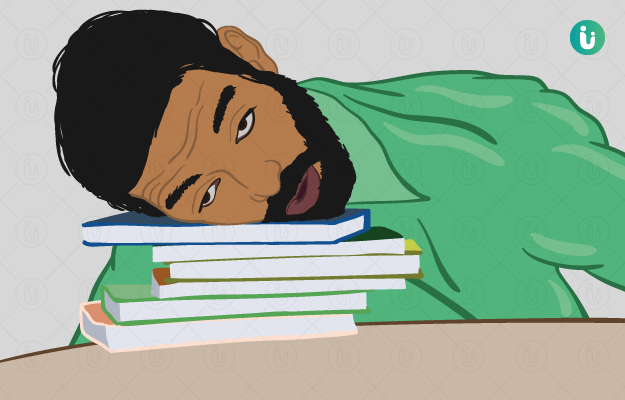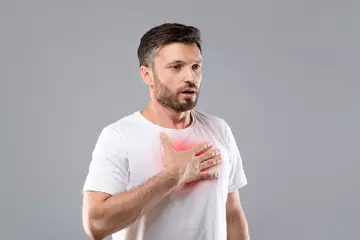What is weakness?
Weakness is less strength in one or more muscles of the body. Some people experience only the feeling of being weak, but physically experience no loss of strength, for example, feeling weak due to pain. While in some cases loss of strength is only noted during a physical examination. This kind of weakness is also known as “objective weakness”.
What are its main signs and symptoms?
The associated signs and symptoms of weakness are:
- Numbness
- Severe headaches
- Confusion
- Trouble walking
- Tiredness
- Aching or sore muscles
- Sleepiness
- Dizziness
- Loss of appetite
- Shortness of breath
What are the main causes?
The underlying causes of weakness are due to specific health problems such as:
- Low sodium and potassium levels
- Respiratory or urinary tract infections
- Low or high levels of thyroid hormone
- Guillain-Barré syndrome
- Myasthenia gravis (a chronic disorder that weakens the muscles)
- Stroke
- Inactivity as a result of illness, especially in older people
- Intensive care unit (ICU) myopathy (muscle wasting due to an extended stay in the ICU)
- Common myopathies (diseases of the muscle tissue) like muscular dystrophy, hypokalaemia (low potassium levels), and alcoholic myopathy
- Polio
- Physical exertion
- Lack of sleep
- Irregular exercise
- Illnesses like fever
- Poor diet
How is it diagnosed and treated?
The following methods are used for the diagnosis of weakness:
- Physical examination: Motor function, reflexes and cranial nerve functions are examined
- Strength testing: Parameters like weakness against resistance, visible contraction of the muscles, limb movement against gravity, reflexes and sensation are examined.
- Gait is observed
- Medical history is checked for any causes of weakness
Weakness is treated by providing treatment for the underlying cause of weakness. Hospitalisation is advised if required for people with severe weakness. Occupational therapy and physical therapy are also recommended for patients to help minimise loss of muscle function.

 Doctors for Weakness
Doctors for Weakness  OTC Medicines for Weakness
OTC Medicines for Weakness
 Lab tests for Weakness
Lab tests for Weakness Weakness articles
Weakness articles

 Diet for Weakness
Diet for Weakness







 Dt. Akanksha Mishra
Dt. Akanksha Mishra











